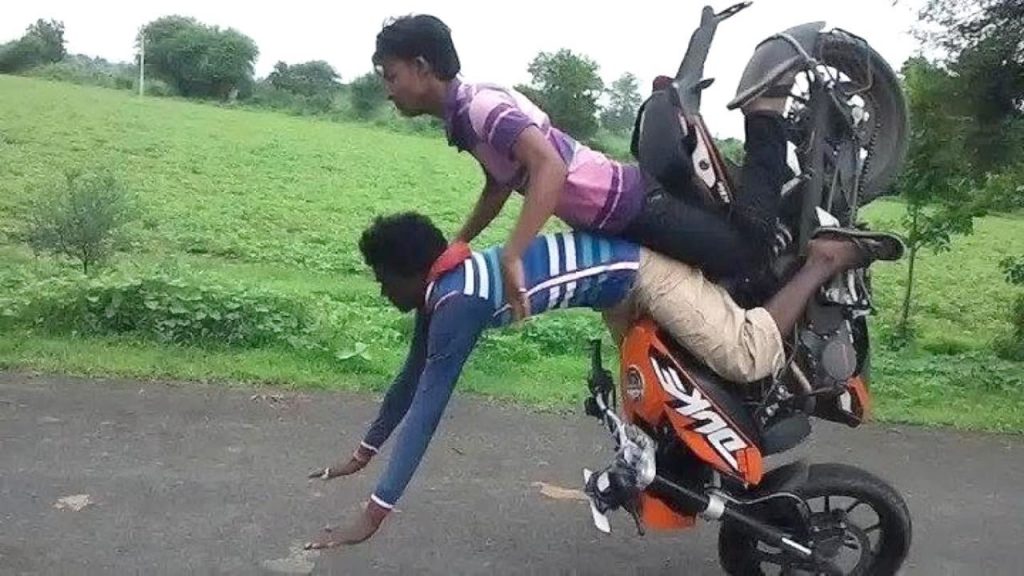
What do you call someone who doesn’t wear a helmet when riding a motorcycle? An organ donor. I head that from a nurse when she was talking about a patient who died in the trauma room due to severe head injuries following a crash. If he wore a helmet, there’s a good chance that he would have survived with little more than a broken arm.
An experienced skier, who was known for pushing boundaries, recently died after being swallowed by an avalanche after he decided to hit a slope that he knew was unstable. A child was accidentally shot and paralyzed after the gun his father was cleaning accidentally went off because he didn’t clear the weapon beforehand.
These are just a few examples of an endless stream of tragedies that occur far-too-often because people were either over-confident, careless or reckless when they were engaging in inherently-dangerous activities. For whatever reason, they decided not assess for hazards and take simple, basic precautions, and they paid the ultimate price for their carelessness.
Most Tragedies are Preventable
Sadly, the vast-majority of accidental deaths would be preventable if people were just a little bit more careful, and this is an important reality that should always be in the front of our minds. It’s easy to develop skills or gain experiences that give us confidence in our ability to stay safe. However, it’s also easy to get ahead of ourselves and develop a false sense of security along the way.
Unfortunately, this tendency can easily turn out to be one of the biggest threats that we can face. We need to be careful that we don’t become our own worst enemy by taking basic safety precautions for granted when we engage in hazardous activities that become routine. This can involve anything from not wearing protective eyewear when working on small projects to not putting on a seatbelt when driving around the neighborhood.
Over-Confidence can be a Killer
Aside from becoming complacent with respect to taking basic safety precautions, over-confidence can cause us to take unnecessary risks as well. Maybe we decide to hike a familiar trail alone without telling anyone, or perhaps we climb a ladder without someone holding it because we’ve done it before without any problems. No matter the reason, the tendency to push boundaries as we become comfortable with our abilities, or familiar with our surroundings and routines, can have disastrous consequences.
Take some time to think about whether or not you’re letting your guard down or taking unnecessary risks when engaging in hazardous activities that may seem second-nature or routine. While it’s important to invest in our ability to be prepared for disasters or SHTF situations, some of the greatest threats that we face involves how we negotiate the pitfalls of everyday life. Consequently, it’s important to vigilant, attentive and even a little bit over-cautious in order to reduce our exposure to unnecessary risks and the consequences of taking safety for granted.
A little bit of prevention goes a long way, but so does common-sense and humility. While a lot of us wouldn’t think about riding a motorcycle without a helmet, chances are that we can all point to other activities that we don’t approach with the same degree of fear and respect, and these are the ones that we have to worry about the most.
